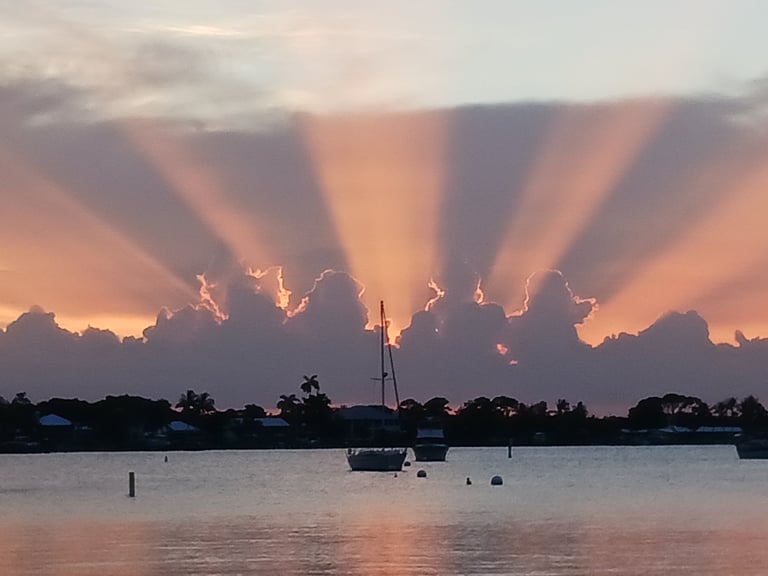Conservative Conservation
7/1/2025


It is no coincidence that conservative and conservation share the same root word: conserve. One of our nation’s most influential conservative thinkers, American political theorist Russell Kirk, once said, “Nothing is more conservative than conservation.”
President Ronald Reagan reiterated these sentiments during the grand opening of the National Geographic headquarters, rhetorically asking, “What is a conservative after all but one who conserves, one who is committed to protecting and holding close the things by which we live?” He was referring to environmental stewardship. In the same speech, speaking about America’s natural landscapes. He stated, “This is our patrimony. This is what we leave to our children. And our great moral responsibility is to leave it to them either as we found it or better than we found it.”
Another conservative, President Richard Nixon, established the Environmental Protection Agency (EPA). He also signed into law most of our nation’s key environmental laws, such as the Clean Air Act, the Endangered Species Act, and the Marine Mammal Protection Act. These laws were passed with nearly unanimous bipartisan support.
Conservative British Prime Minister Margaret Thatcher delivered passionate speeches at the United Nations and at World Climate Conference meetings about the urgent need to preserve the environment. Thatcher said, “We must remember our duty to Nature before it is too late. That duty is constant. It is never completed. It lives on as we breathe. It endures as we eat and sleep, work and rest, as we are born and as we pass away…It will weigh on our shoulders for as long as we want to stay on a living and thriving planet, and hand it down to our children and theirs.”
The founder of modern conservatism was 18th-century British statesman Edmund Burke. He understood that a civil society requires checks on individual actions, making government vital for maintaining order. Burke said, “Somewhere there must be control upon will and appetite; the less of it there is within, the more of it there must be without.” This means that if individuals cannot restrain their selfish or greed-driven urges, the government must intervene more. True conservatism also emphasizes prudence, resisting impulsive or poorly thought-out changes, upholding tradition, and striving to create a better world for future generations.
Nowhere is conservatism more vital than in Florida, where the environment is most fragile and highly contributes to nature. The Everglades are constantly threatened, as every inch of land in Florida faces the push of progress.
When people hear the word "conservatism," they often think of it in terms of politics and economics. But in Florida, where the natural world plays such a crucial role in both our livelihoods and our way of life, conservation means much more. Here, it means survival. Yet, ignoring the environment is just another way Florida suffers from political negligence.
Martin County is especially vulnerable. Our extensive waterways are not just scenic landscapes; they are living, breathing systems essential to Florida's entire ecological balance. These waters support the food chain from the tiniest microorganisms to the fish that fill our seas and the birds that fill our skies. They feed our economy, and they define the character of our community.
That character is built on quality of life, a quality that our residents deeply treasure. Clean water, open spaces, and the serene beauty of unspoiled nature are not just nice to have; they’re essential. Every time a new development paves over wetlands or strains local resources, we risk losing something that cannot be replaced.
True conservatism means knowing when to say “enough.” It means understanding that progress should not come at the cost of our most precious resources. In Martin County, it means standing up for policies that safeguard water quality, limit unchecked development, and prioritize sustainable planning. Because if we fail to conserve Florida now, there may be no Florida left worth preserving.
